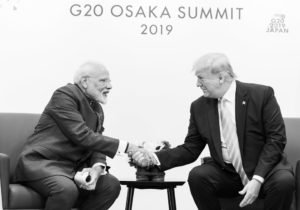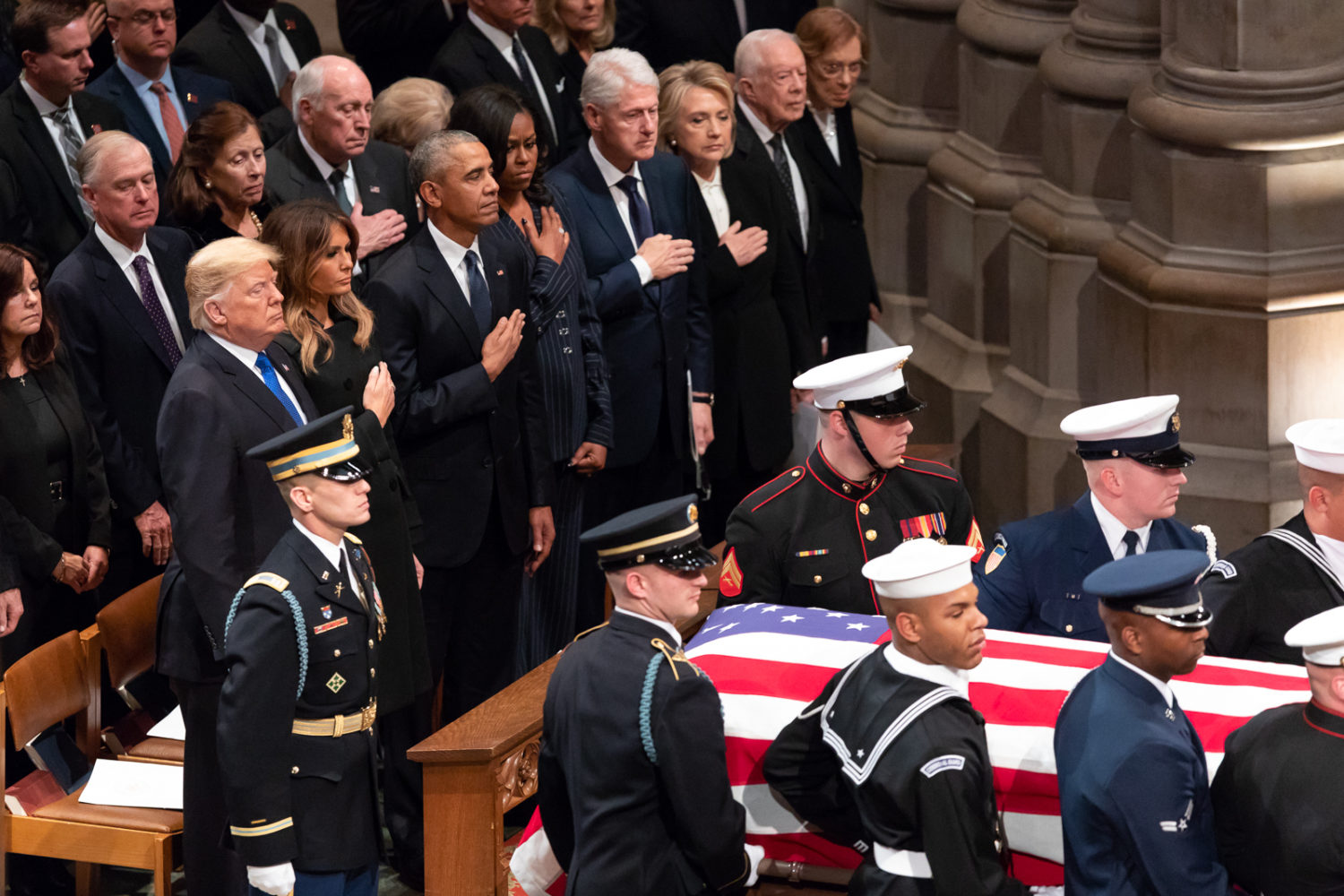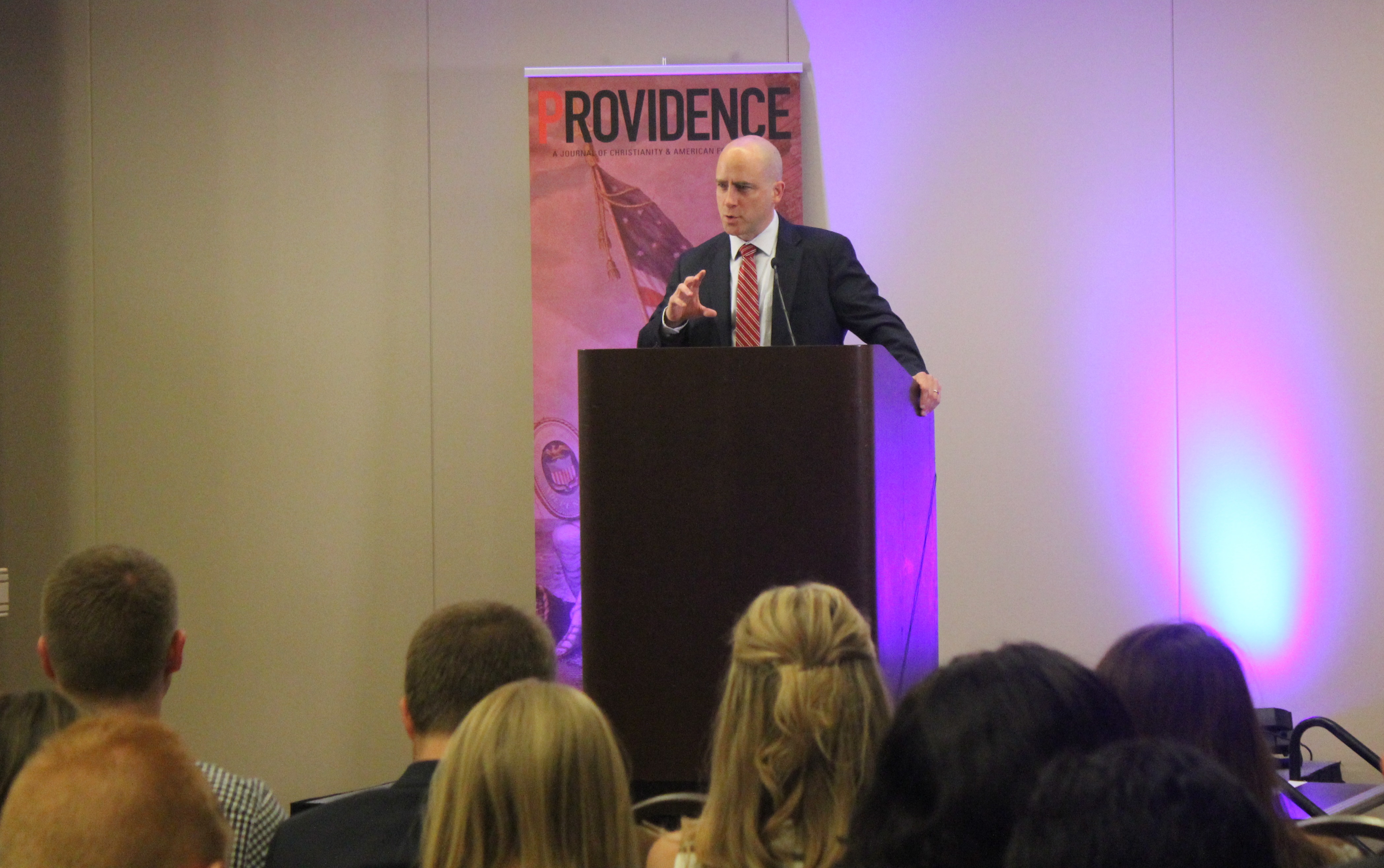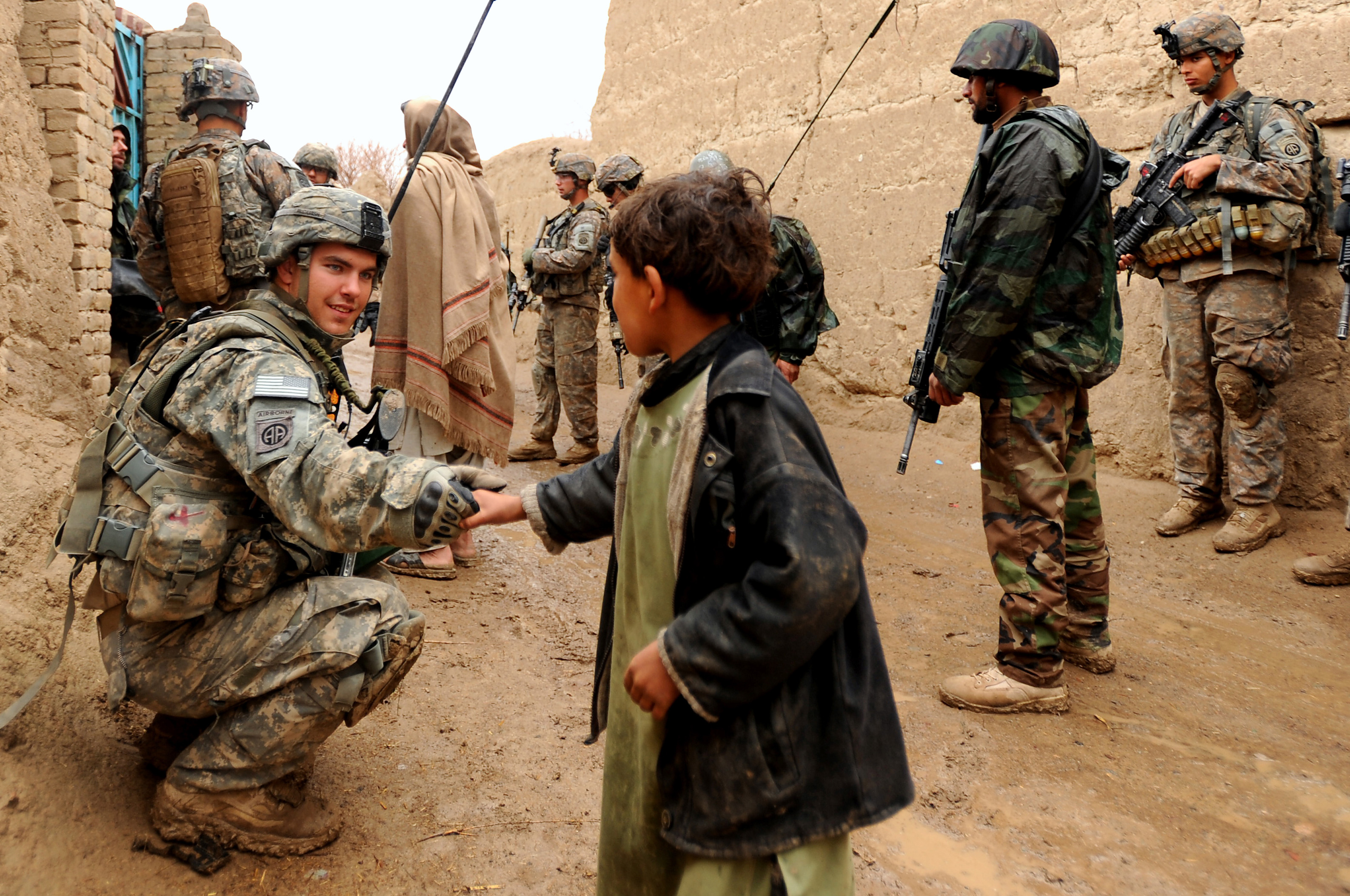On February 1st, former CIA directors John McLaughlin and David Petraeus testified at a House Armed Services Committee. They addressed the topic, “The State of the World: National Security Threats and Challenges.” Both testimonies are well worth reading—or listening to—in full, but here I want to make note of one point made by General Petraeus that resonates, deeply, with Providence.
In limning the current threats facing the United States, Petraeus pointed to the expected: those revisionist regimes across the globe that are hostile to the status quo, Islamic extremists that want to destroy our way of life, and technologies and tactics that reduce our capacity to defend ourselves and our interests. However, the general noted:
The world order has also been undermined by something, perhaps even more pernicious: a loss of self-confidence, resolve, and strategic clarity on America’s part about our vital interests in preserving and protecting the system we sacrificed so much to bring into being and have sacrificed so much to preserve.
Looking back to the first half of 20th century, Petraeus recalled that “the United States came of age as a world power amidst the rubble left by [a] succession of calamities—the two most destructive wars in history, the worst economic collapse in history, and the near takeover of the planet by an alliance of dictatorships responsible for the worst crimes against humanity in history—and resolved in the wake of 1945 to try to prevent [such things] from ever happening again.” He continued:
To keep the peace, we led an effort to establish a system of global alliances and security commitments underwritten by U.S. military power and the deployment of our forces to bases in Europe and Asia. To create a foundation for prosperity, we put in place an open, free, and rules-based international economic order intended to safeguard against the spiral of protectionism that produced the impoverishment and radicalization of the 1930s. And to protect freedom here at home, we adopted a foreign policy that sought to protect and, where possible, promote freedom abroad, along with human rights and the rule of law.
This, Petraeus notes, was not an idle effort. He points to the dramatic expansion of human flourishing that has resulted—imperfectly, unequally, but inexorably—across the inhabited continents of our planet. This is the world, as Robert Kagan put it, that American will, charity, and power made. This is the world that American lack of resolve now, perhaps, threatens.
Petraeus suggests that American idealism has helped to foster this lack of resolve. At the end of the Cold War, America wishfully hoped that mutual self-interest would draw the world into partnership, that globalization would gradually liberalize the internal policies of adversary nations, and that both continue to foster a hoped-for revolution of the human heart and would thereby legitimize the contention of some that the world was becoming a more peaceful place.
Against such dashed sentimentalism, Petraeus explores the primary threats that continue to hamstring the flourishing of the liberal world order. After exploring each threat, he concludes, “the paradox of the moment is that just as the threats against the world order we created have grown ever more apparent, American resolve about its defense has become somewhat ambivalent.” Having commanded the surge in both Iraq and Afghanistan, Petraeus is quick to acknowledge that America cannot do everything, everywhere. “But,” he insists, “when the most egregious violations of the most basic principles of the international order we helped shape are tolerated or excused that lack of action undermines the entire system and is an invitation to further challenges.” This is a crisis:
Americans should not take the current international order for granted. It did not will itself into existence, we created it. Likewise, it is not naturally self-sustaining, we have sustained it. If we stop doing so, it will fray and eventually collapse.
75 years ago, in the February 9th, 1942 issue of Reinhold Niebuhr’s Christianity & Crisis magazine, Robert Fitch contended with the isolationist impulses of his own day. A certain breed of isolationism is fueled by a virulent “selfish nationalism” that casts foreign policy has an absolute zero-sum game. Such an isolationist is particularly to be feared for when they do embark on a campaign of expressing American power abroad it can be all-consuming in its violence. Other kinds of isolationism are grounded in tender-heartedness and a belief that the soft can overcome the hard. Such sentimentalism can be found, in the eyes of Providence (if not Providence), in much of pews and pulpits of our own day. That we believe this to be the case gives motivation to our publishing endeavors.
Like Petraeus, I’m not without hope. The general recalls, prompting perhaps a bit of both regret and trepidation, that “it was only at our darkest hour in the 1940s that we summoned the imagination and determination to build the world order of which all of us” today have been the lucky heirs. Dark hours have been familiar of late and, while never being grateful for them we can hope that they steel our resolve and restore our confidence in American responsibility.
In his excellent The Big Stick, Eliot Cohen recalls an anecdote involving Condoleezza Rice. Reflecting on her days in the White House following the dark hour of 9/11, Rice noted that the impact of that hour never really left. ‘Every day after September 11th’ she said, ‘felt like September 12th.’ But, even more crucially, she continued, ‘But we always feared it might really be September 10th.’
Petraeus concluded his own remarks by insisting that “once we grasp how bad things could be” we will be “capable of galvanizing ourselves to set them right.” Christian realism is predicated precisely on projects just like this.
—
Marc LiVecche is managing editor of Providence. To subscribe for free to the Providence weekly newsletters, register your email here
—
image: screenshot of testimony before the House Armed Services Committee







 Sponsor a student for Christianity & National Security 2024
Sponsor a student for Christianity & National Security 2024